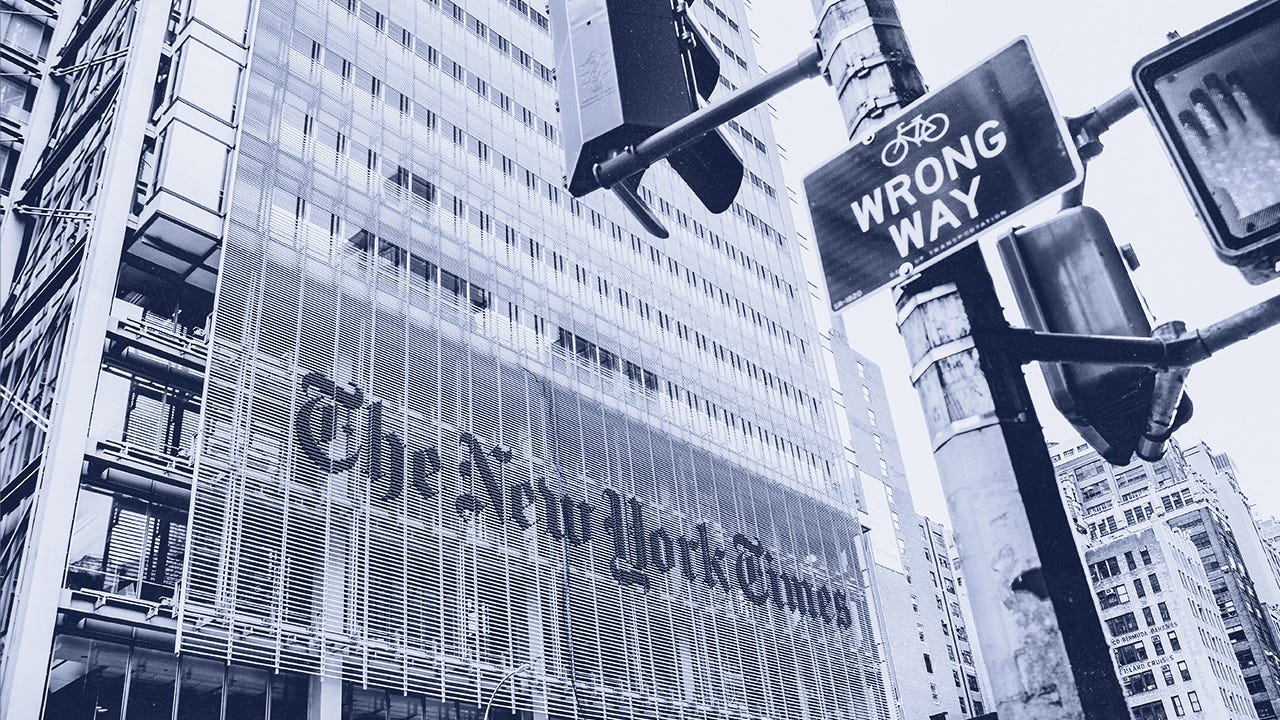DEI Programs Undermine Classical Liberal Education
My op-ed in the New York Times.
Last week, I published an op-ed in the New York Times arguing for the abolition of DEI programs in state universities. Here is an excerpt from the piece:
Academia is in the midst of a generational turmoil. Blue states such as California and Oregon have recently transformed their public universities with expansive “diversity, equity and inclusion” progra…



